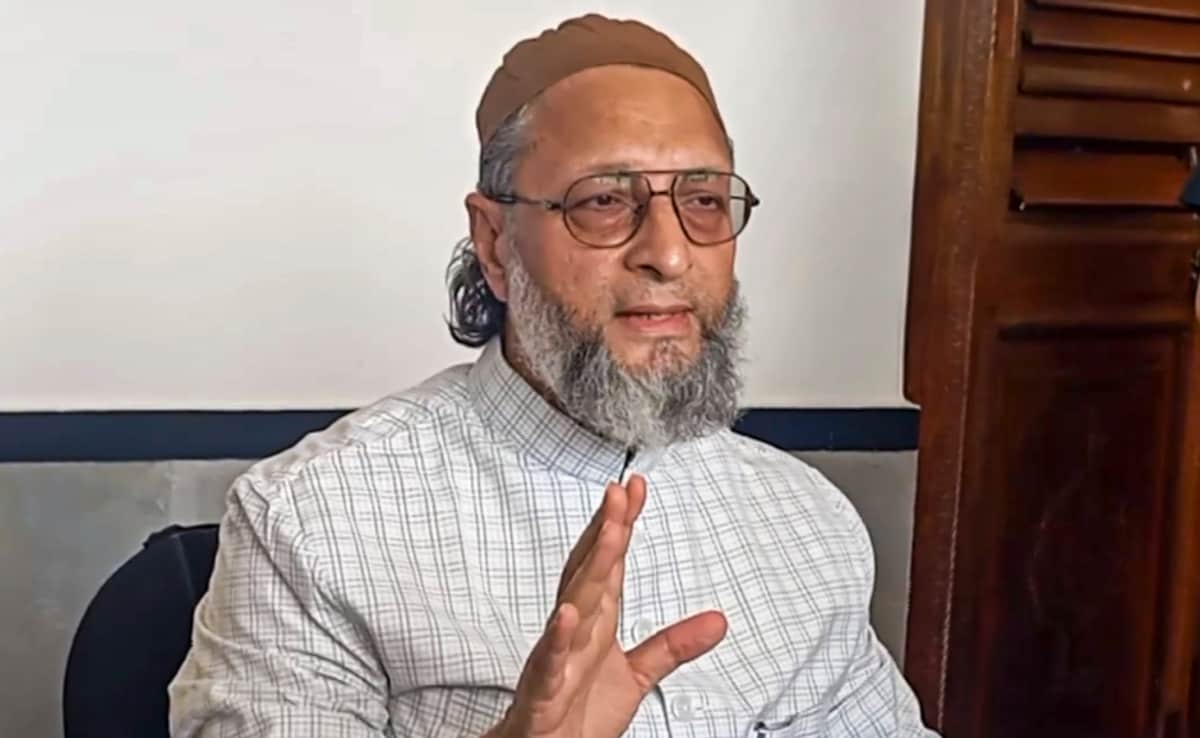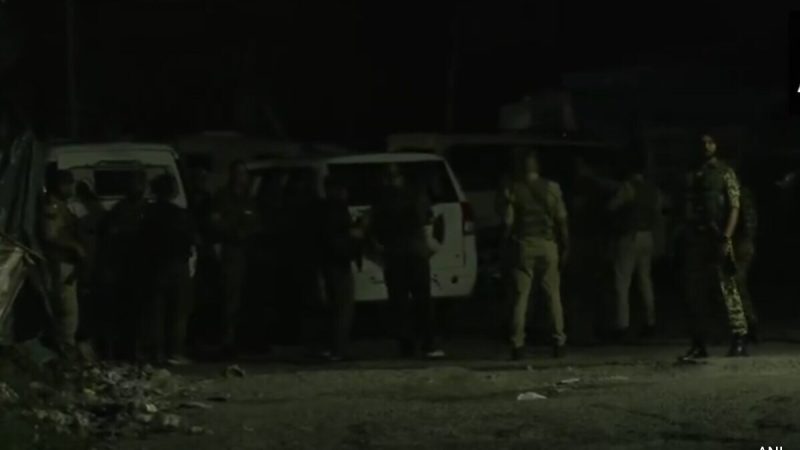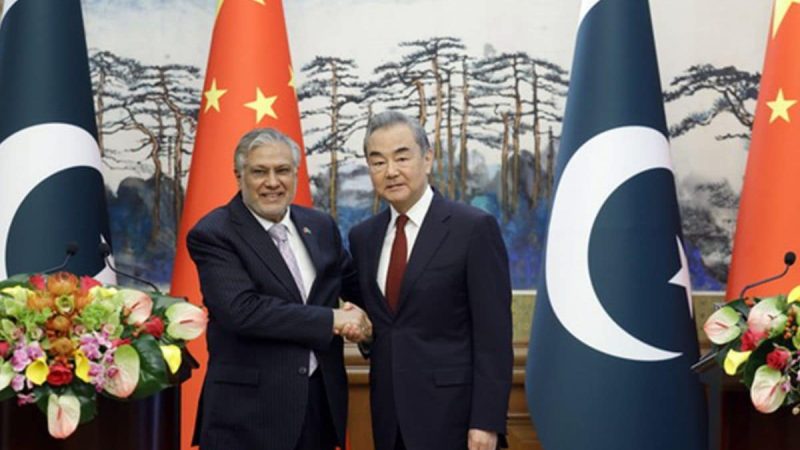"Pak Failed State, World Must Disarm It Of Nuclear Weapons": Asaduddin Owaisi

New Delhi:
AIMIM chief Asaduddin Oawisi has raised a critical question on Pakistan’s nuclear stockpile amid a conflict with India over sheltering terrorists and encouraging attacks on Indian soil.
At an event, the MP from Telangana’s Hyderabad said the global community must decide whether Pakistan – where the military has a strong grip on the civilian government – is fit to wield nuclear weapons.
Pakistan has often threatened India with a nuclear attack, Mr Owaisi asid.
“Pakistan repeatedly threatens a nuclear attack. The world must ask if it is fit to possess nuclear weapons. It must be disarmed,” he said.
The country where Osama bin Laden was found hiding, Mr Owaisi said, is a “failed state” and the world must wake up to the danger it poses. Its nuclear arsenal must be disarmed – these weapons are a threat to all of humanity, he said.
“… It is high time that not only the Western world but every nation in the world should rise and ensure that the nuclear bombs that Pakistan possesses should be disarmed. They are a threat to the entire humankind. They have been using terrorism to destabilise India,” the Lok Sabha MP said.
He also made a scathing criticism of the International Monetary Fund (IMF) for approving a $1 billion loan to Pakistan, despite its long record of sponsoring terrorism.
Mr Owaisi called it “a loan to a militant organisation,” warning the funds will not serve the Pakistani people but instead fuel cross-border terrorism against India.
“The West knows Pakistan funds terror, and yet they stay quiet. That $1 billion won’t go toward eradicating poverty, fighting polio, or empowering women – it will be aimed at destabilising India,” he added.
India today announced any future act of terror by Pakistan will be considered an act of war, and India will respond accordingly, sources said.
The warning is significant as Pakistan has been launching drone and missile attacks on military installations and civilian areas in northern India for the last three nights. Nearly all of them have been intercepted by the robust Indian air defence network.
The announcement of the new rules of engagement against terror with cross-border linkages comes two weeks after Pakistan-linked terrorists killed 26 tourists in Jammu and Kashmir’s Pahalgam.
In response, while India launched precision cruise missile strikes at terror infrastructure in Pakistan and Pakistan-Occupied Jammu and Kashmir (PoJK), the neighbouring country where the military has a strong grip on the civilian government escalated the situation by attacking civilian areas in India with drones.
The role of the Pakistani army in supporting terrorists to launch attacks against India became even more evident on May 7 when they stood up in defence of terror infrastructure hit by the Indian missiles as part of Operation Sindoor.
Indian military and intelligence sources pointed to irrefutable evidence that elements within the Pakistan Army, particularly those connected to the Inter-Services Intelligence (ISI), were providing logistical support, safe havens, training, and financial backing to terrorist groups operating in PoJK.
The proximity of some of the terrorist camps to known military installations and cantonments reinforced suspicions that they were being deliberately shielded, sources said.






